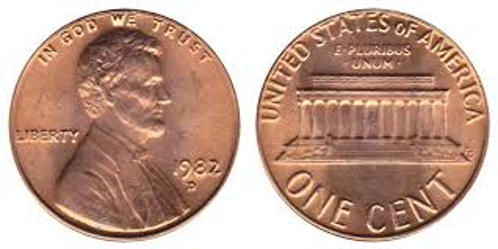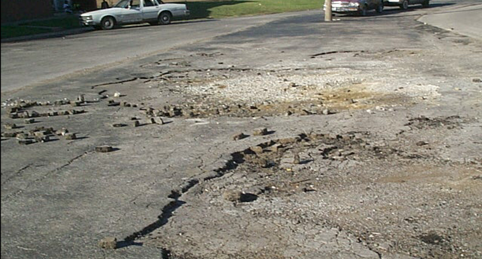I hope your holidays were fantastic! In this January edition of our HUD-REAC newsletter, I am discussing Trip Hazards – what it is, where it can be recorded, and the scoring impact!
HUD’s Definition of Trip Hazards
- Tripping (Health & Safety – Hazards)
- You see any physical defect that poses a tripping risk, generally in walkways or other traveled areas. Typically, the defect must present at least a three-quarter inch
- Elevator – Tripping (Health & Safety)
- An elevator is misaligned with the floor by more than 3/4 inch. The elevator does not level as it should, which causes a tripping hazard.
- If you don’t have a ruler – a penny is EXACTLY 3/4”!!!

- How many points is a trip hazard?
- Trip hazards are only scored (points against you) in 2 Inspectable Areas:
- Site (Parking Lots, Walkways, Playground, etc)
- Systems – Elevators
- Depending on the size of your property, a Site trip hazard can be as high as 7.5 points and an Elevator trip hazard as high as 10 points!
- Trip hazards are only scored (points against you) in 2 Inspectable Areas:
- Trip hazards in Units and Common Areas are NOT WORTH POINTS
-
- There is a cord in the walkway of an office? NO POINTS!
- The tenants have cords all over their living room and hallway? NO POINTS!

-
- Site Trip Hazards
- If multiple trip hazards are recorded under Site (parking lots, walkways, etc) during an inspection, the FIRST trip hazard scores – the rest don’t!
- Some trip hazards result in a “double-ding” – meaning you get hit with 2 separate deductions.
- Tree causing sidewalk to heave
- Points for Level 3 Overgrown/Penetrating Vegetation
- Points for the Trip Hazard

- Pothole in the parking lot
- Points for the Pothole (now a L3 because of the trip hazard)
- Points for the Trip Hazard

- Pothole in the parking lot
- What can I do about my trip hazards – my inspection is in 2 weeks?!
- Rent a Grinder from Home Depot, Lowes or any other equipment rental place.
- Call a company like https://rootedretrofitting.com/ that will do it for you
- As a last resort, you can use Quikrete or an asphalt cold patch (depending on where the trip hazard is, of course) BUT THIS IS A TEMPORARY FIX!!!! And, there is a good chance the inspector will hit you with a NIS (Not Industry Standard)…but like I said, if you have no other choice, doing something is better than doing nothing.

